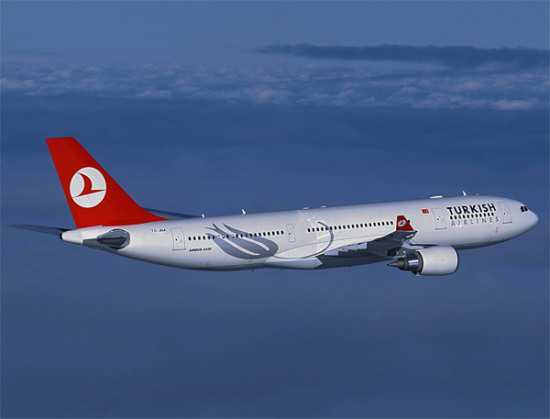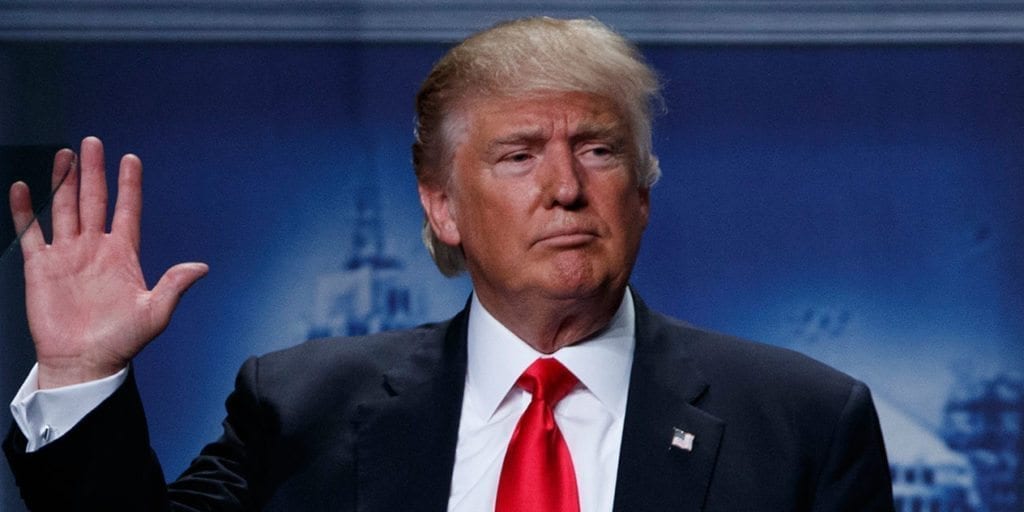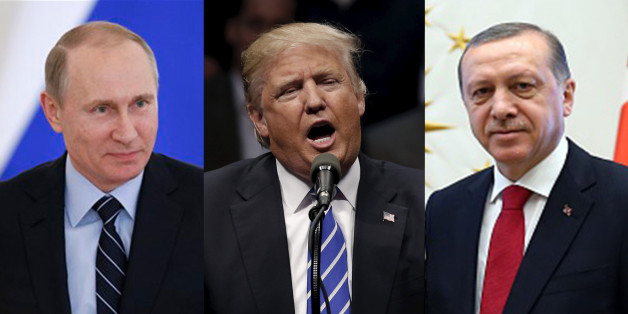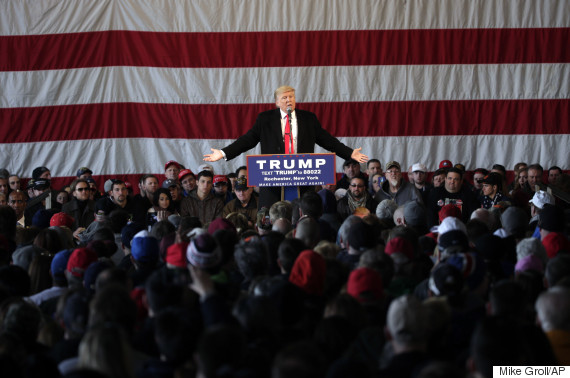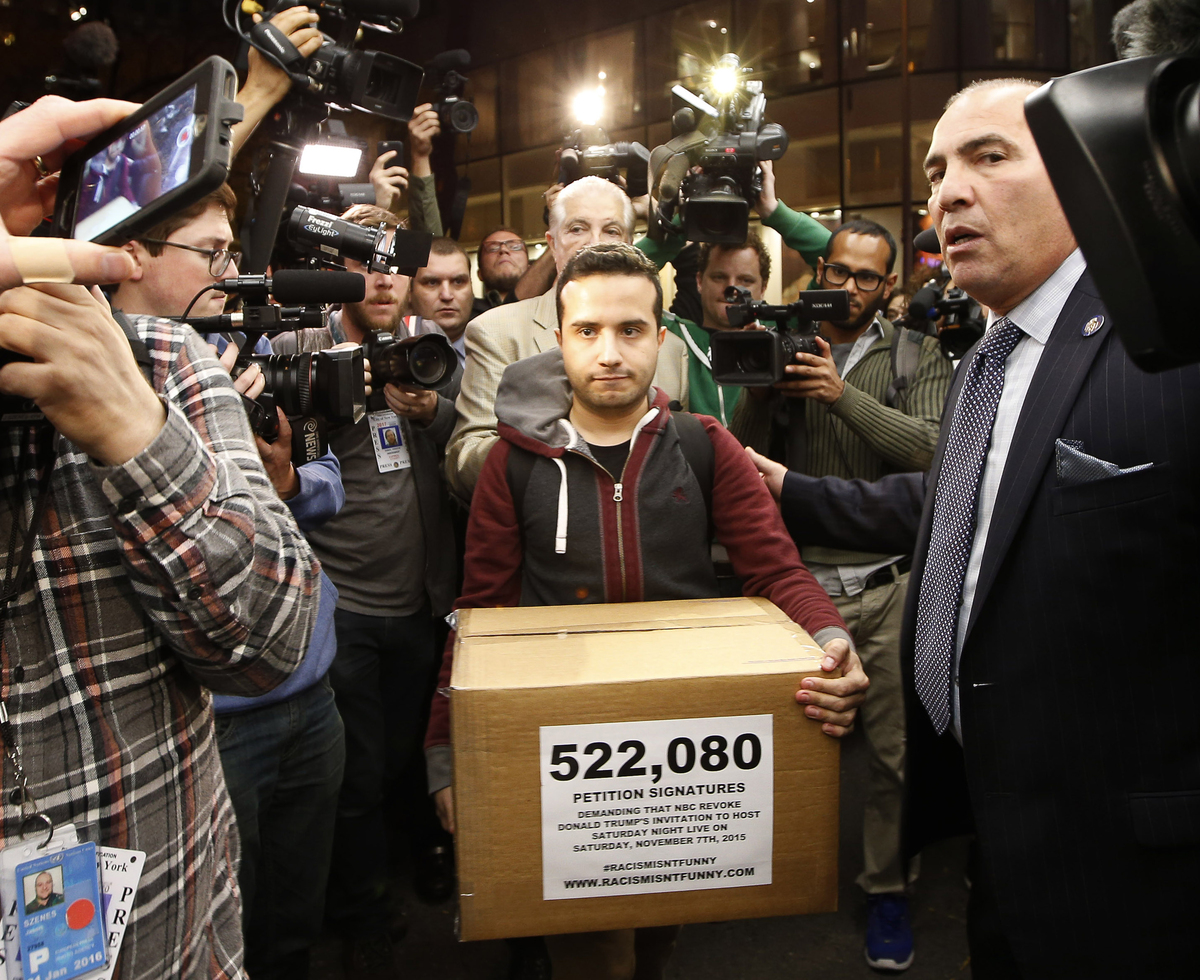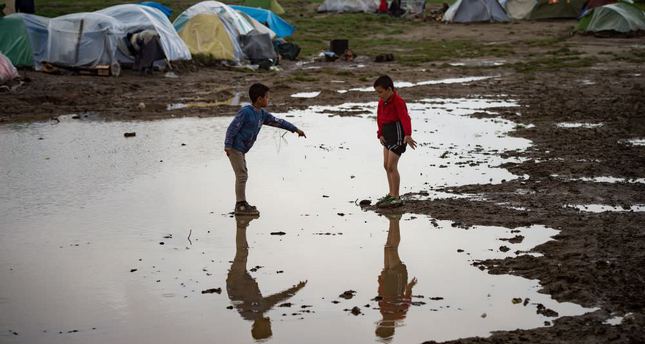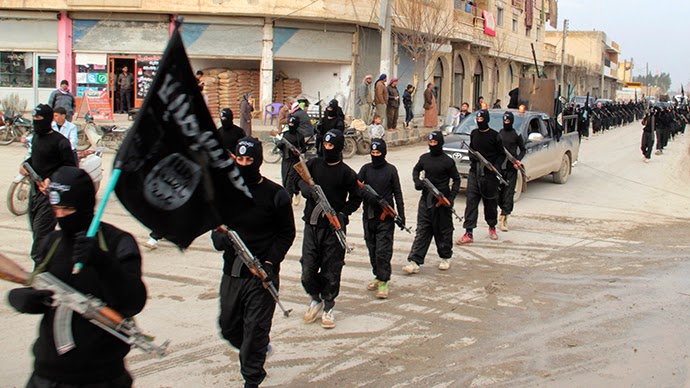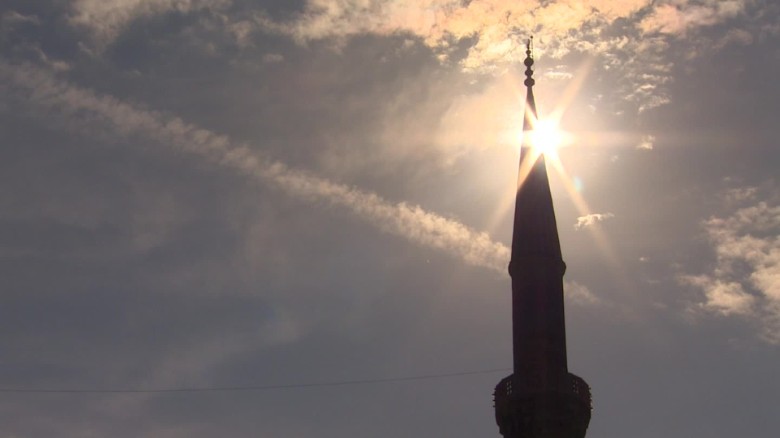More righteous holy war in the cause of Allah.
Respect it!
Muslims justify raping the sex slaves “because the action would make her Muslim.” “They took young girls, seven, nine and 10 years old,” like their prophet Muhammad and his favorite wife, the six-year-old Aisha.
And the Pope is only bringing in Muslim “refugees” to the Vatican.
‘Islam Allows It and We Will Do It’
“Prosperous are the believers who in their prayers are humble and from idle talk turn away and at almsgiving are active and guard their private parts save from their wives and what their right hands own then being not blameworthy.” (Quran 23:1-6)
Those whom their “right hands own” (Quran 4:3, 4:24, 33:50) are slaves, and inextricable from the concept of Islamic slavery as a whole is the concept of sex slavery, which is rooted in Islam’s devaluation of the lives of non-Muslims. The Quran stipulates that a man may take four wives as well as hold slave girls as sex slaves. These women are captured in wartime and are considered the spoils of war. Islam avoids the appearance of impropriety, declaring that the taking of these sex slaves does not constitute adultery if the women are already married, for their marriages are ended at the moment of their capture. A manual of Islamic law directs: “When a child or a woman is taken captive, they become slaves by the fact of capture, and the woman”s previous marriage is immediately annulled” (Reliance of the Traveller, o9.13). Source: Robert Spencer
“More ISIS atrocities surface: 250 women executed for refusing ‘sexual jihad’; organs of wounded fighters taken out and sold,” Christian Post, April 23, 2014:
As far as the Islamic State (ISIS) is concerned, when it comes to the atrocities it’s committing, sky’s the limit.
Reports came out on Thursday that ISIS had executed 250 women for refusing to become sex slaves to its militants and that it is harvesting the organs of its wounded fighters, presumably leading to their death. The organs are then sold on the black market for cash, a clear indication of the terrorist organisation’s financial woes, according to WND.
“Doctors were threatened to take out the body organs of a wounded [ISIS] militant,” a source in Iraq’s second-largest city of Mosul said, according to a report from the Times of India on Thursday, based from an article that appeared in al-Sabah newspaper.
On the same day, The Hindu, another Indian newspaper, reported that ISIS had executed 250 girls together with some of their family members in Mosul, Iraq for refusing to become sex slaves to its fighters.
“At least 250 girls have so far been executed by the IS for refusing to accept the practice of sexual jihad, and sometimes the families of the girls were also executed for rejecting to submit to IS’s request,” Kurdish Democratic Party spokesman Said Mamuzini told London-based Kurdish news agency AhlulBayt, as quoted by The Hindu.
Over the past two years, thousands of Christian and Yazidi women in Syria and Iraq have been brutalised by ISIS militants, prompting US Secretary of State John Kerry to label such atrocities as “genocide,” the Gospel Herald reports.
In August 2015, 19 more women in Mosul were reportedly murdered for refusing to have sex with ISIS fighters. Then in October, more than 500 Yazidi women and young girls were abducted by the ISIS when they stormed the Sinjar region in northern Iraq, according to reports. A year earlier, some 500 Yazidi women and young girls were also reportedly kidnapped and sexually abused by the militants.
What makes the atrocities even darker is that they are done in the name of Islam, as the ISIS itself admits. In August last year, the New York Times came out with a report saying that ISIS has “emphasized a narrow and selective reading of the Quran and other religious rulings to not only justify violence, but also to elevate and celebrate each sexual assault as spiritually beneficial, even virtuous.”
In its English propaganda publication, “Dabiq,” ISIS justifies its mistreatment of women, saying it is permissible under early Islamic law to capture and forcibly make “heretical” women sexual slaves.
“Before Shaytan [Satan] reveals his doubts to the weak-minded and weak hearted, one should remember that enslaving the families of the kuffar [infidels] and taking their women as concubines is a firmly established aspect of the Shari’ah that if one were to deny or mock, he would be denying or mocking the verses of the Qur’an and the narration of the Prophet … and thereby apostatizing from Islam,” the publication read.
Last month, ISIS gunmen in Yemen mercilessly slaughtered four nuns and 12 employees at a charity for elderly people started by Mother Teresa of Calcutta.
The Quilliam Foundation, a London-based think tank, also released a report recently that ISIS is now encouraging children to play soccer—using severed human heads as soccer balls. The report says this is intended to desensitise them to violence.
Children are also encouraged to watch public executions, including beheadings. “Children not only get desensitised to violence, but they also deem these practices as normal, and eventually defend them. Children have been seen accompanying prisoners to their death and, in one example, distributing knives to adults before a mass beheading,” WND reported on March 8.
Article reposted with permission from PamelaGeller.com
Pamela Geller’s commitment to freedom from jihad and Shariah shines forth in her books

